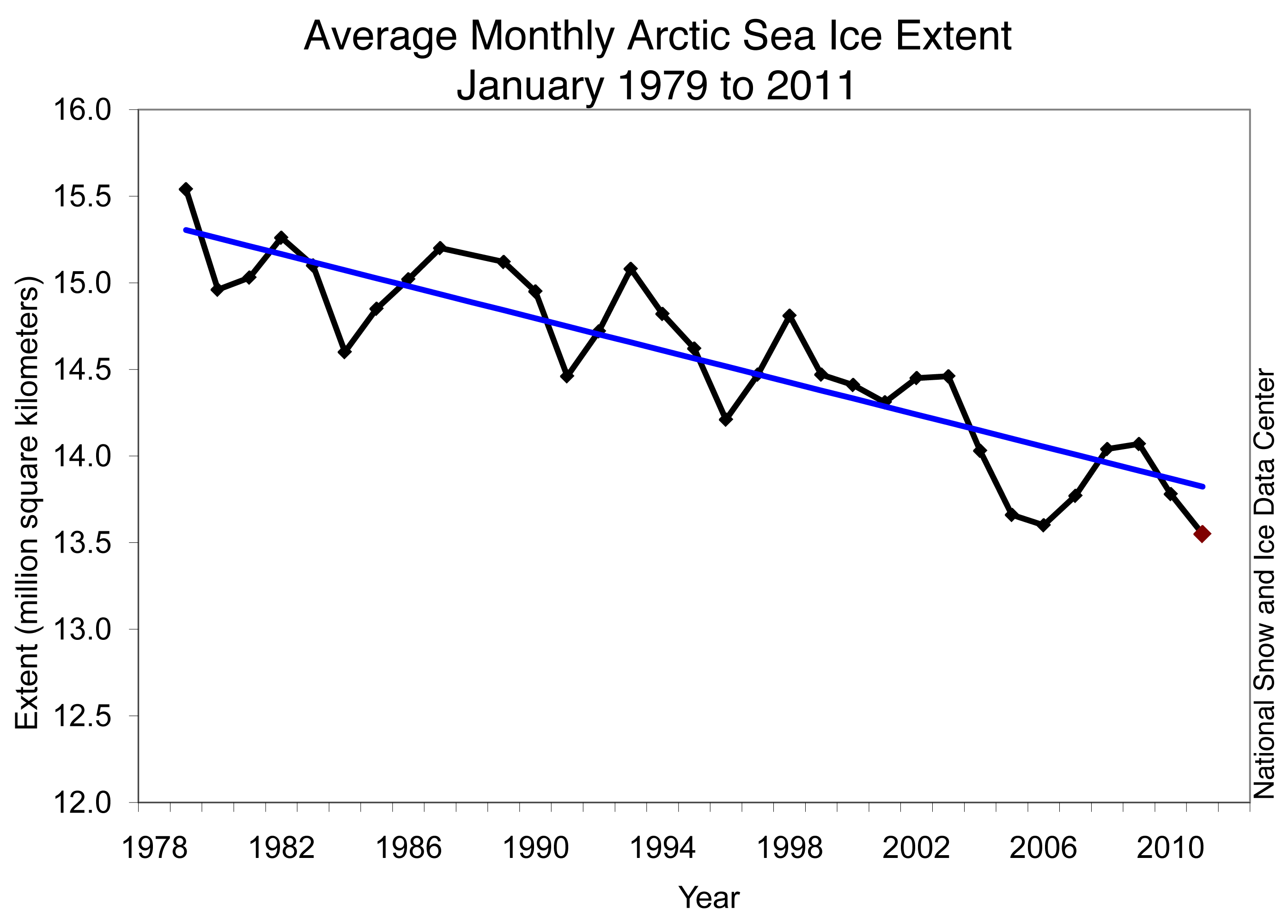
Lots to watch here.
Russian scientists are drilling through 4km of ice to test the cold dark waters of Lake Vostok beneath. The next few weeks may see the success of this project. Though there’s a possibility the oncoming Antarctic winter will force a delay until October or thereabouts.
Will Lake Vostok provide insights into possibilities for life on icy moons such as Europa? Can't see it myself. Isolated from the rest of the Earth’s biosphere for 35 million years? Ho hum. Not nearly long enough to be interesting, I suspect. But who am I to say? Europa scientists are said to be excited, so I'm excited.
But then, according to a story on NPR (3rd Feb), the lake‘s water changes every tens of thousands of years, making it less interesting still. Robin Bell, a professor of marine geology and geophysics at Columbia University's Lamont-Doherty Earth Observatory, says so.
What about the drilling process contaminating the lake? According to New Scientist (5th Jan), the Russian team has satisfied the Antarctic Treaty Secretariat, the body set up to preserve the continent, as to the methods they are using. But according to the NPR story, a non-governmental organization called the Antarctic and Southern Ocean Coalition is not very happy about it. They fear pollution from the drill fluid, kerosene-freon. Or alternatively that the water will turn out to be under such pressure that it will geyser of out the bore-hole until it has degassed.
